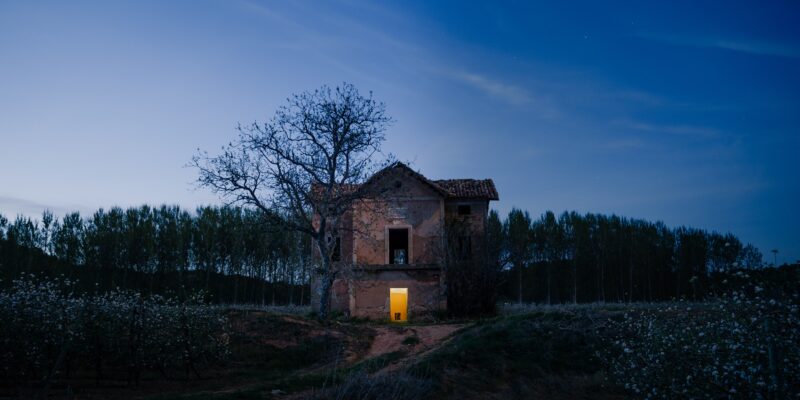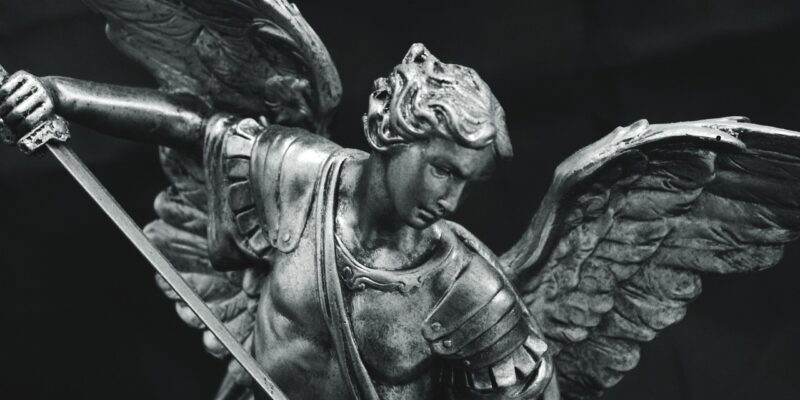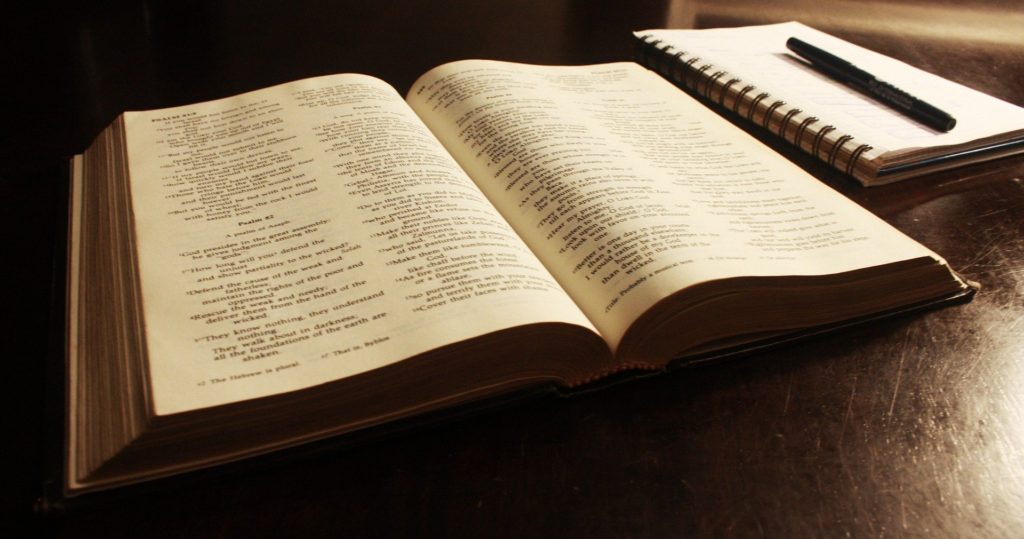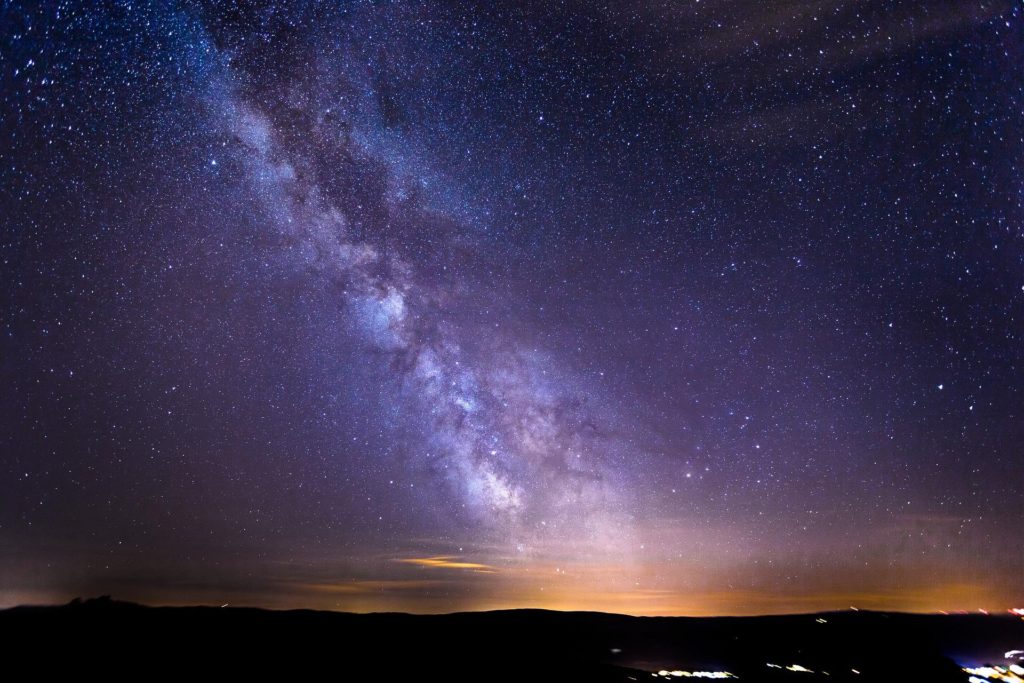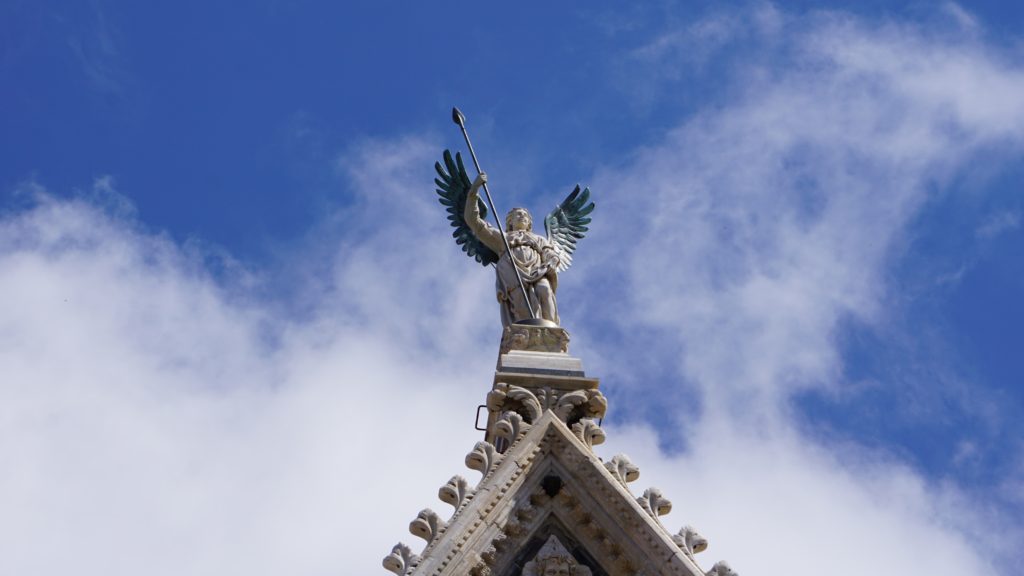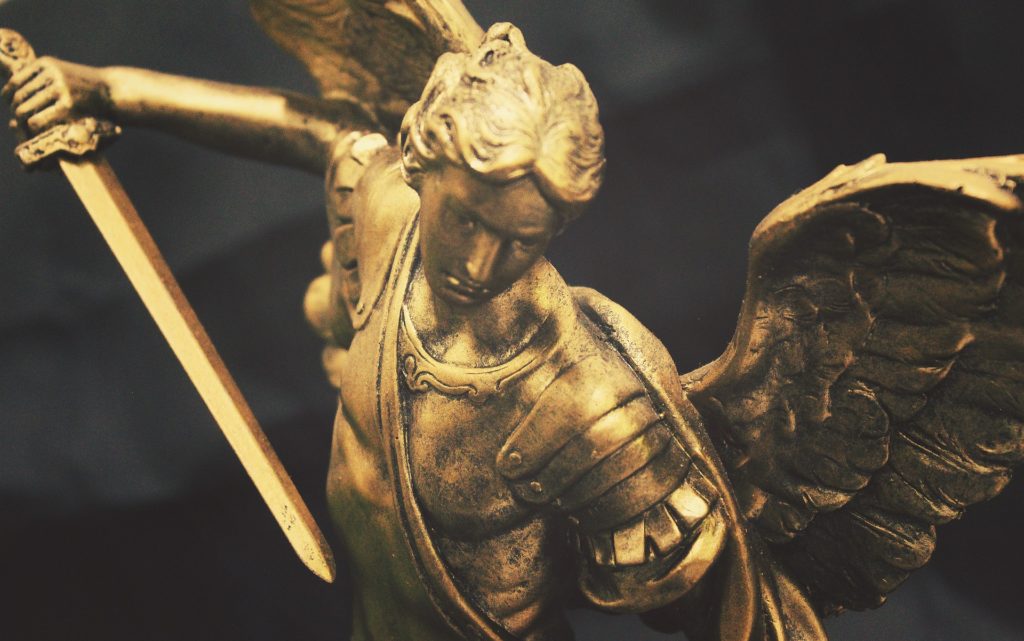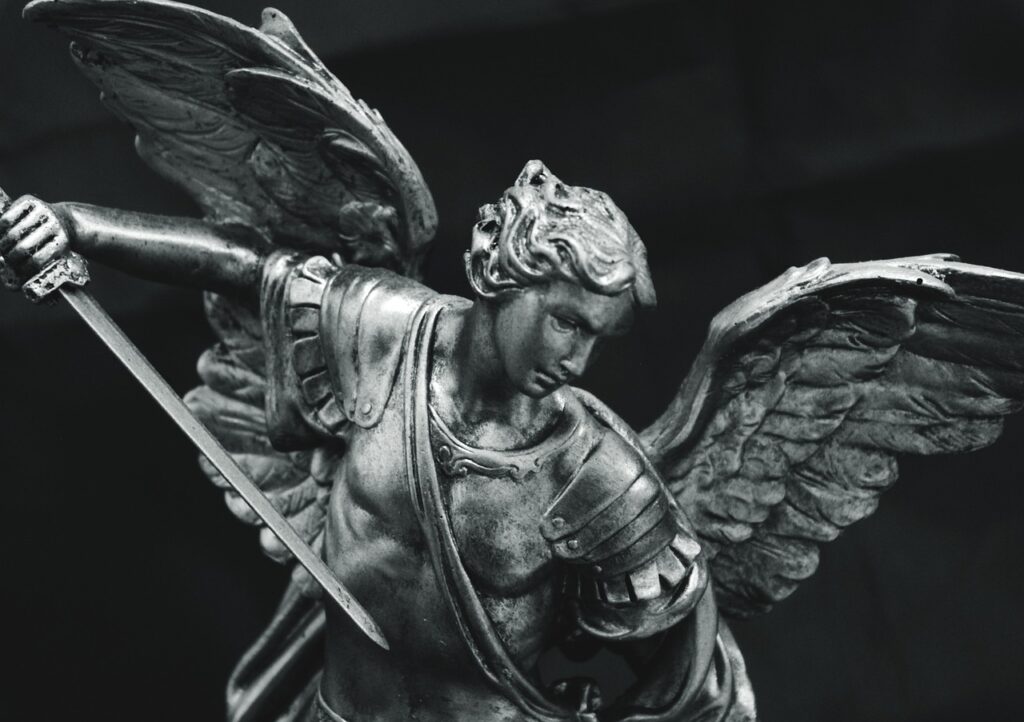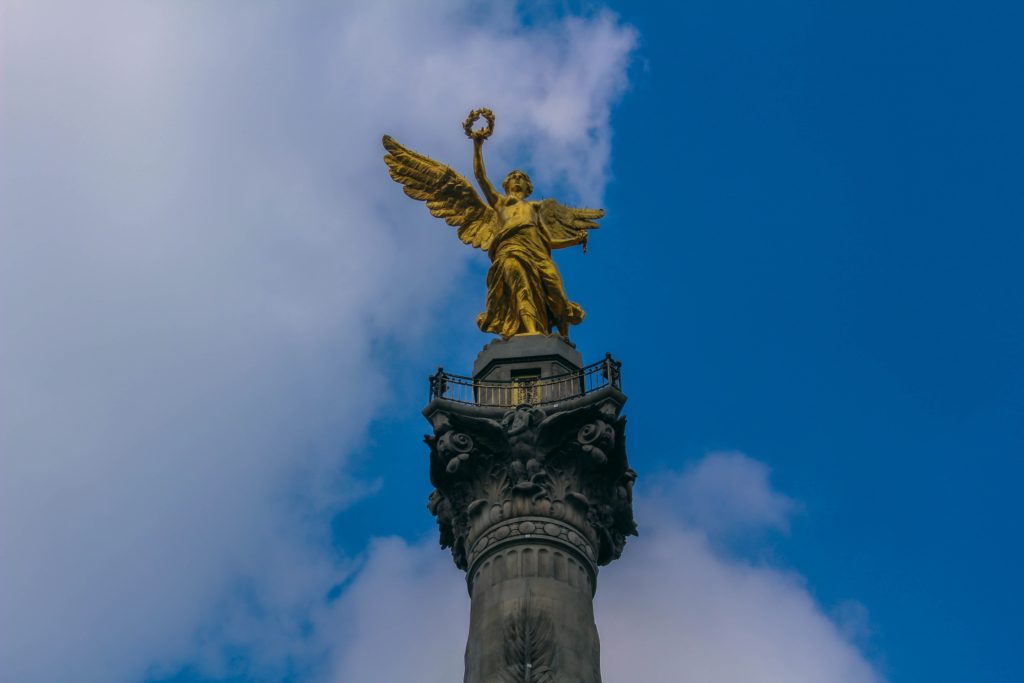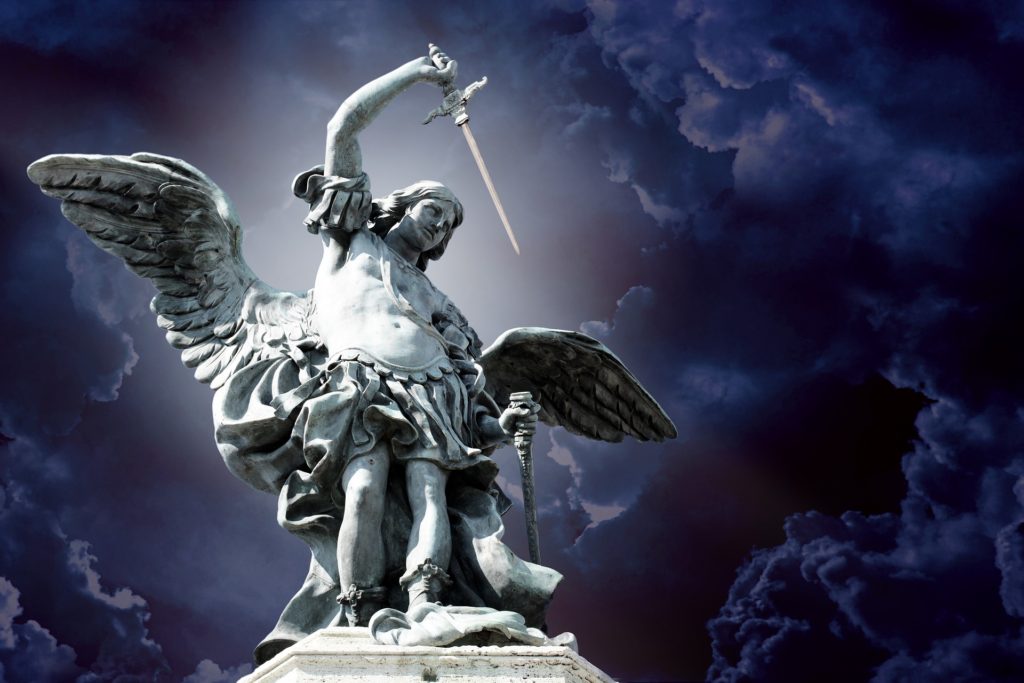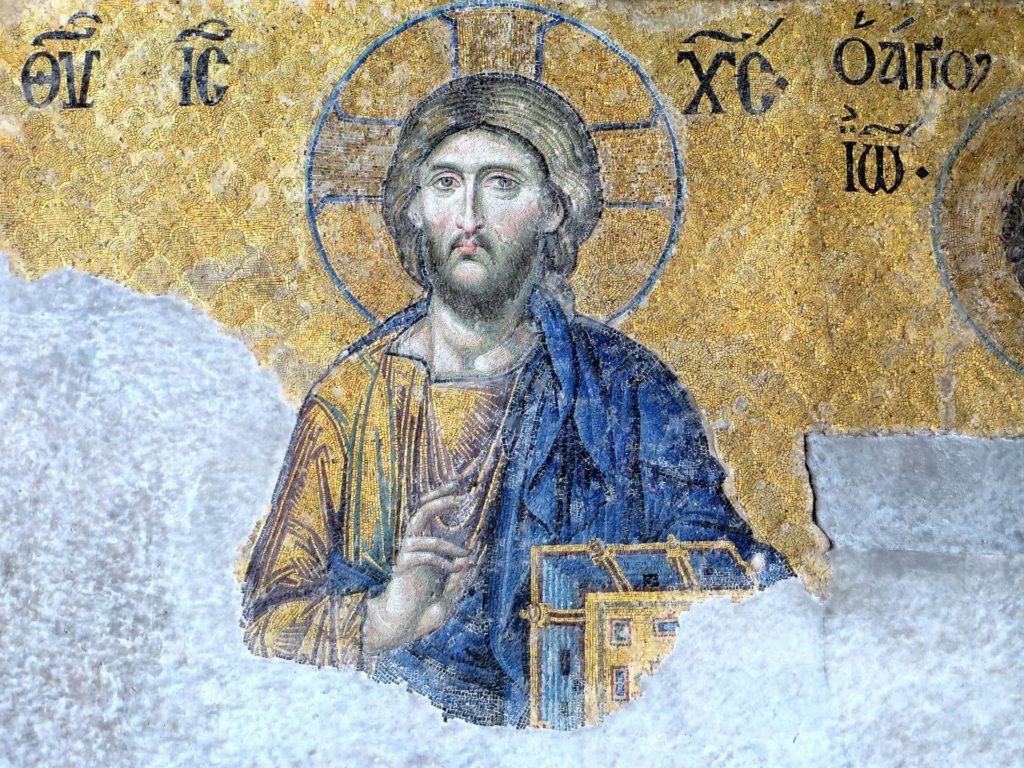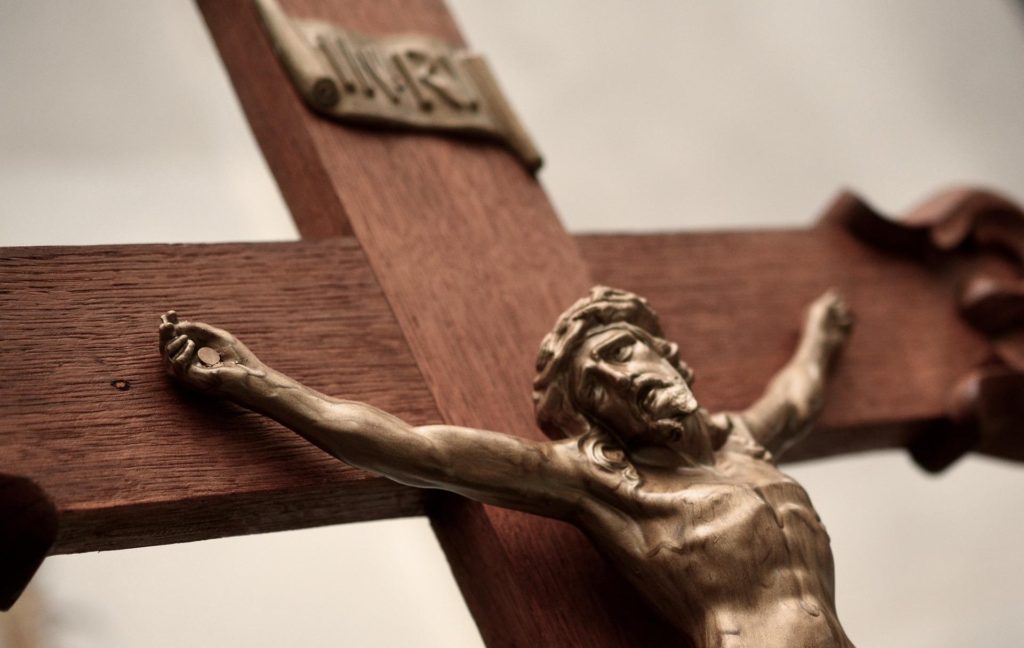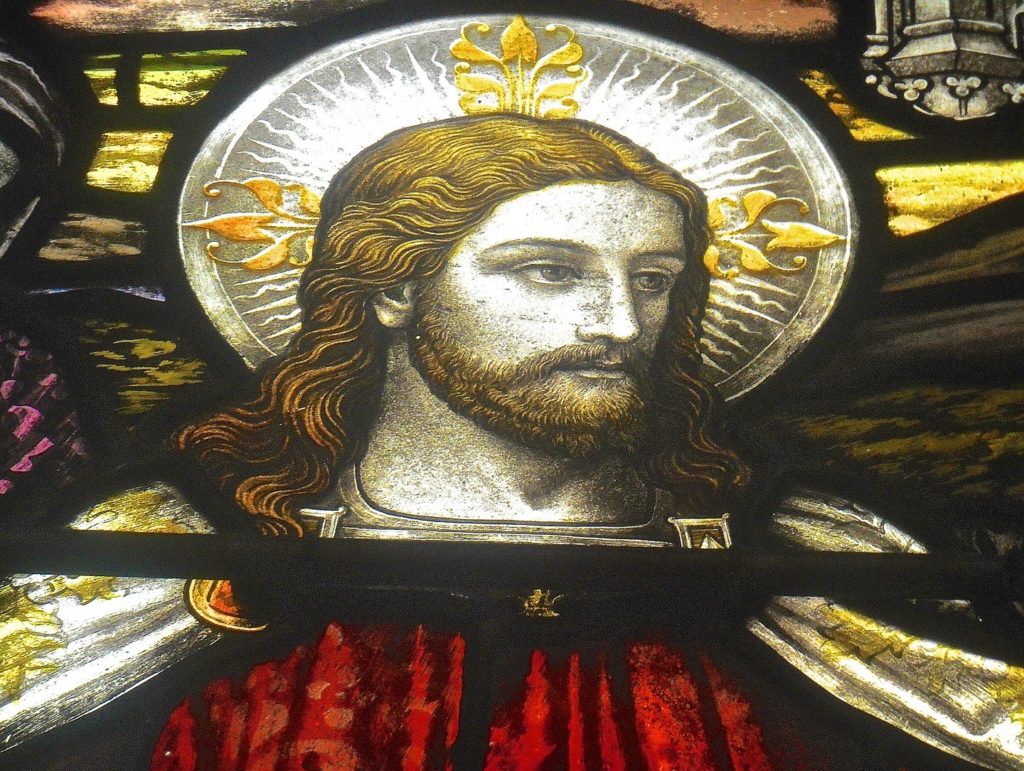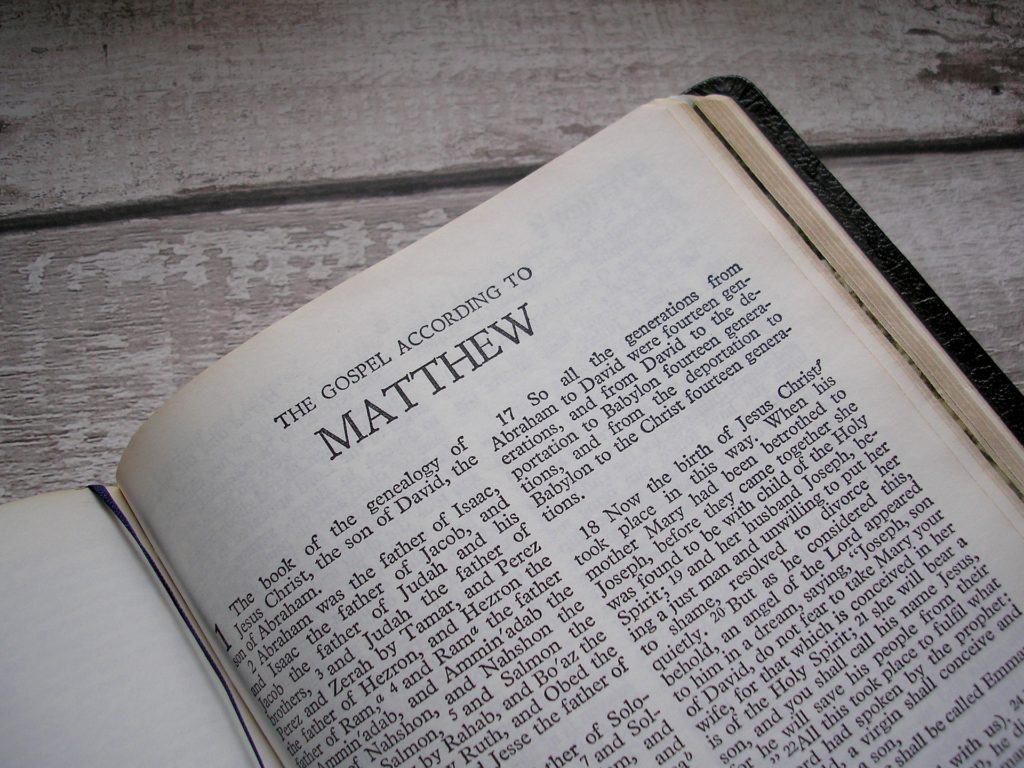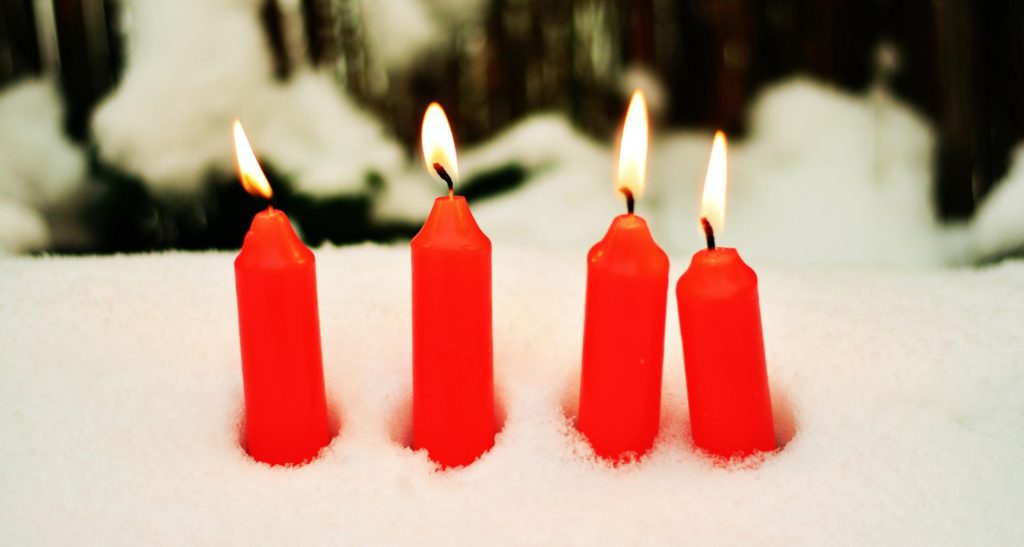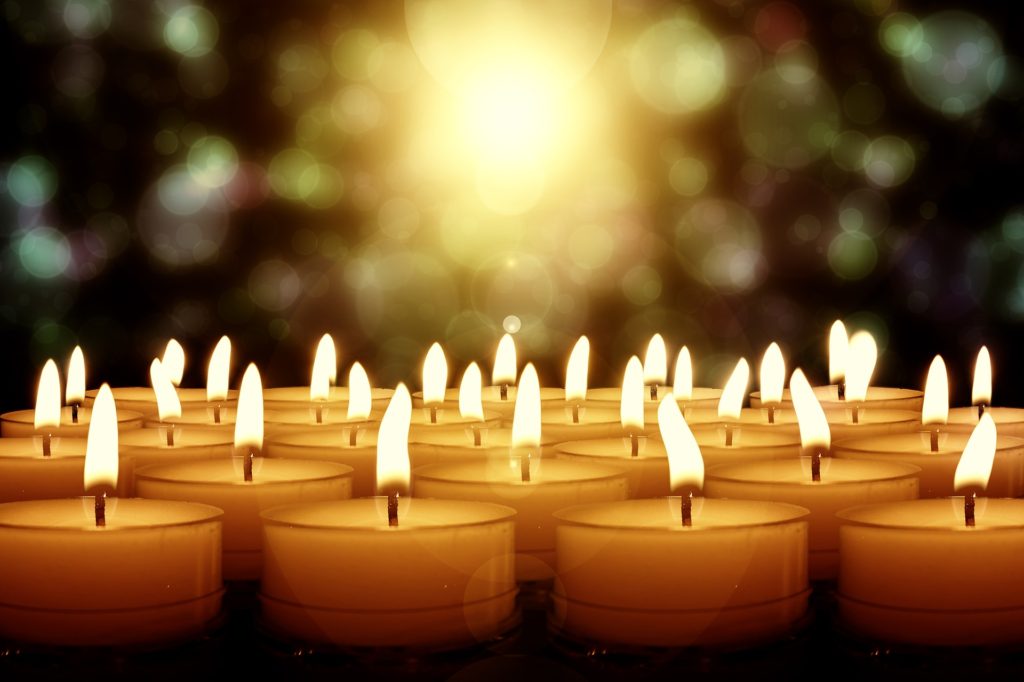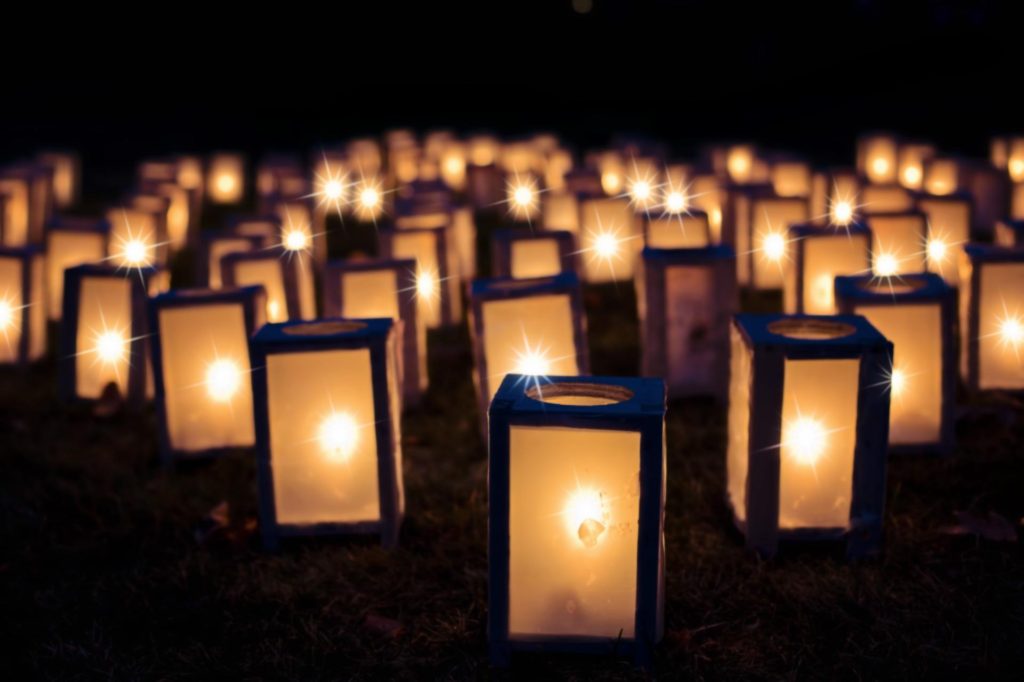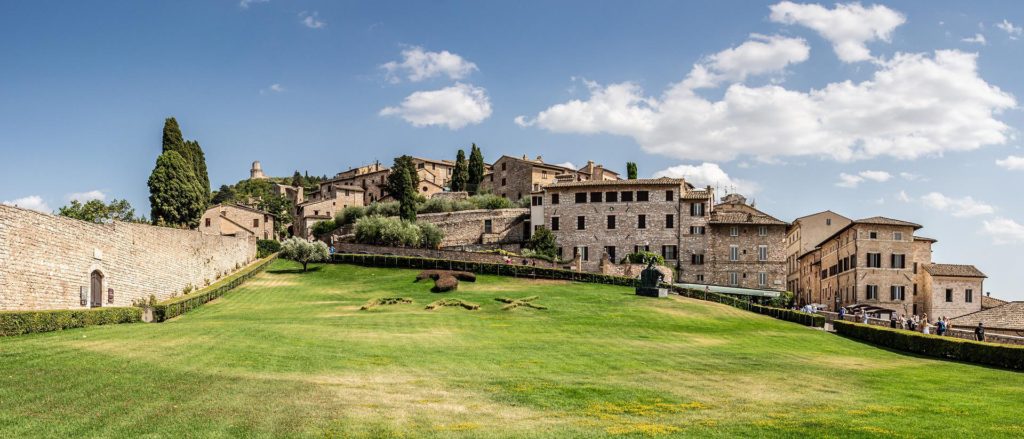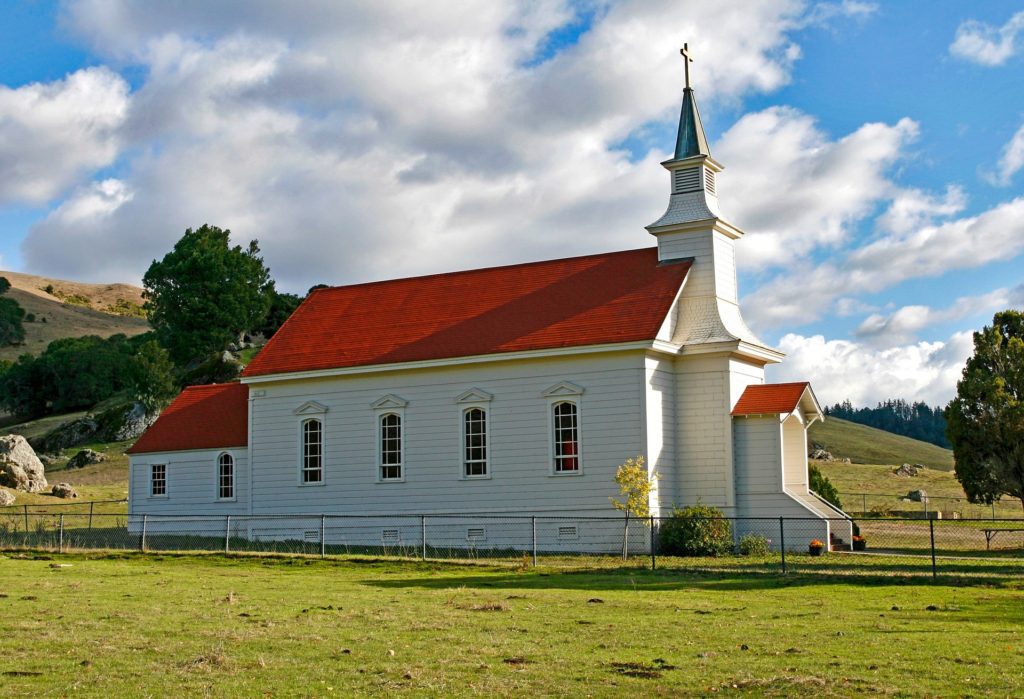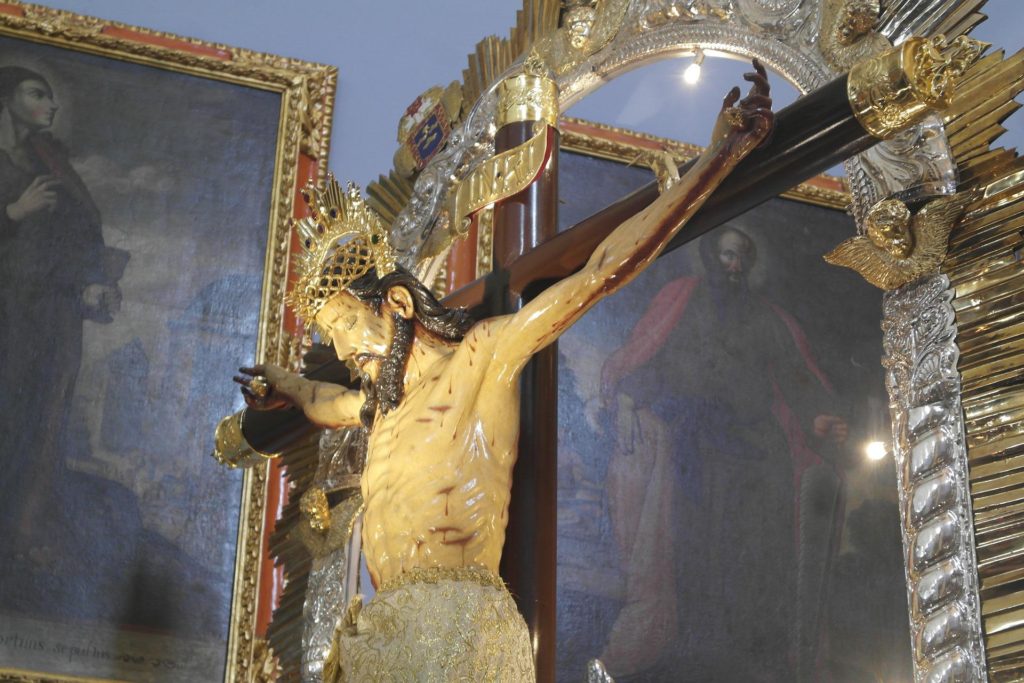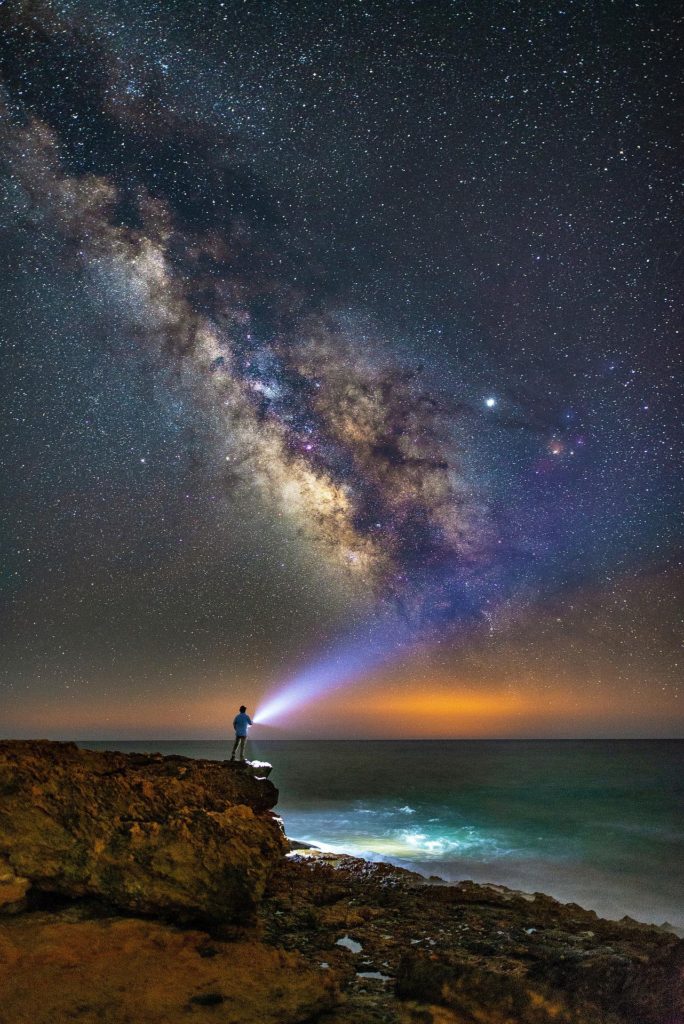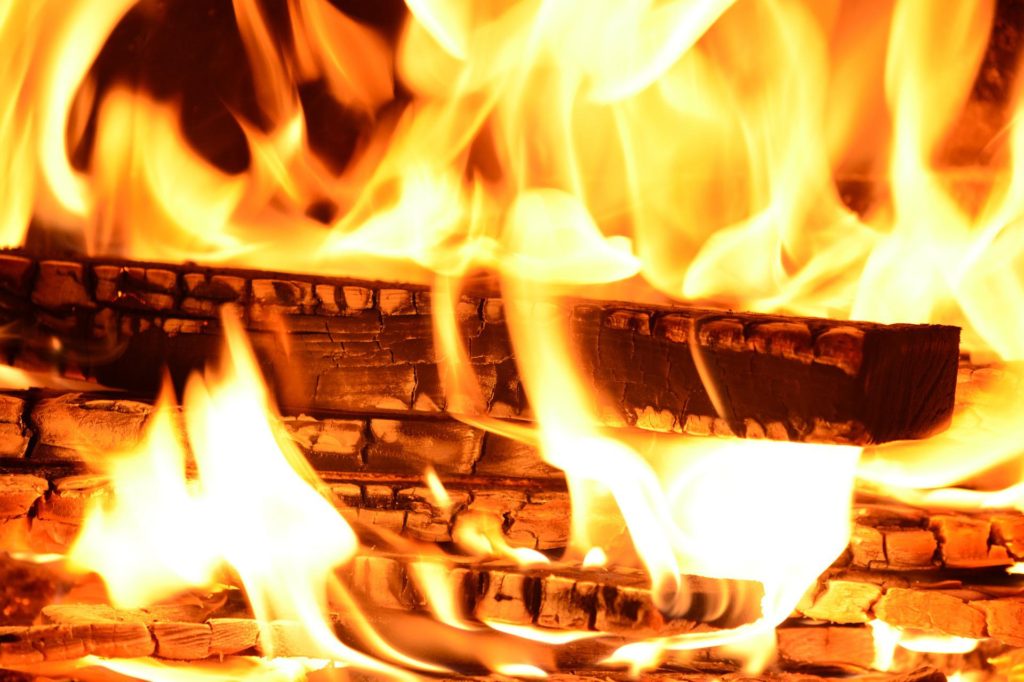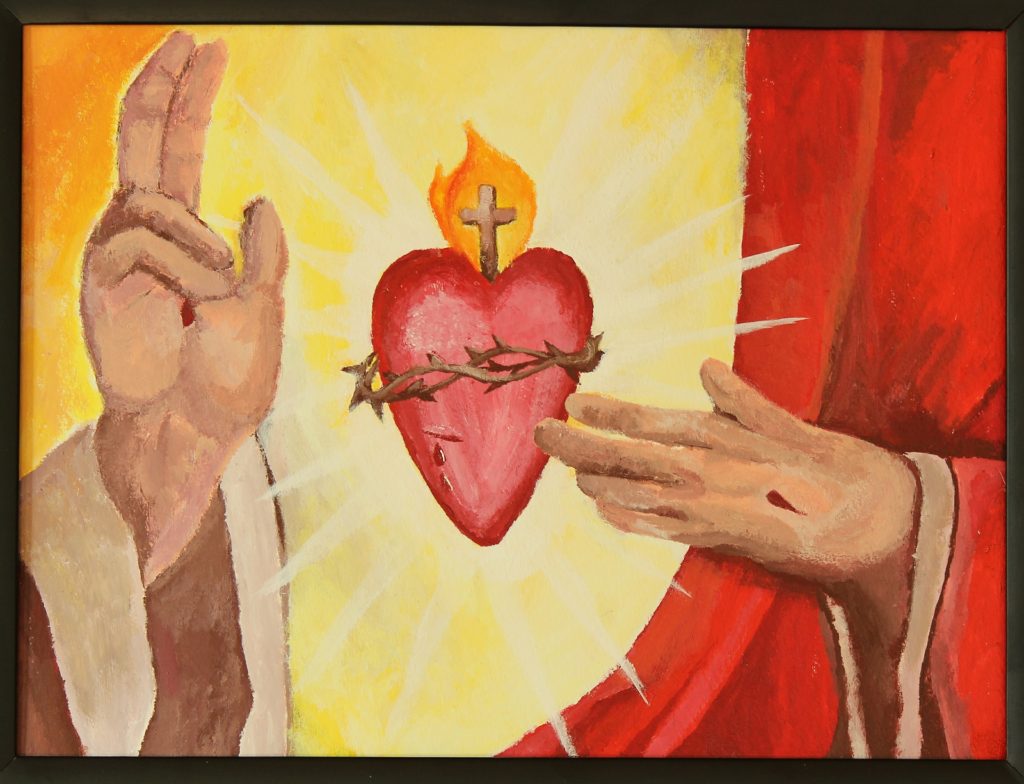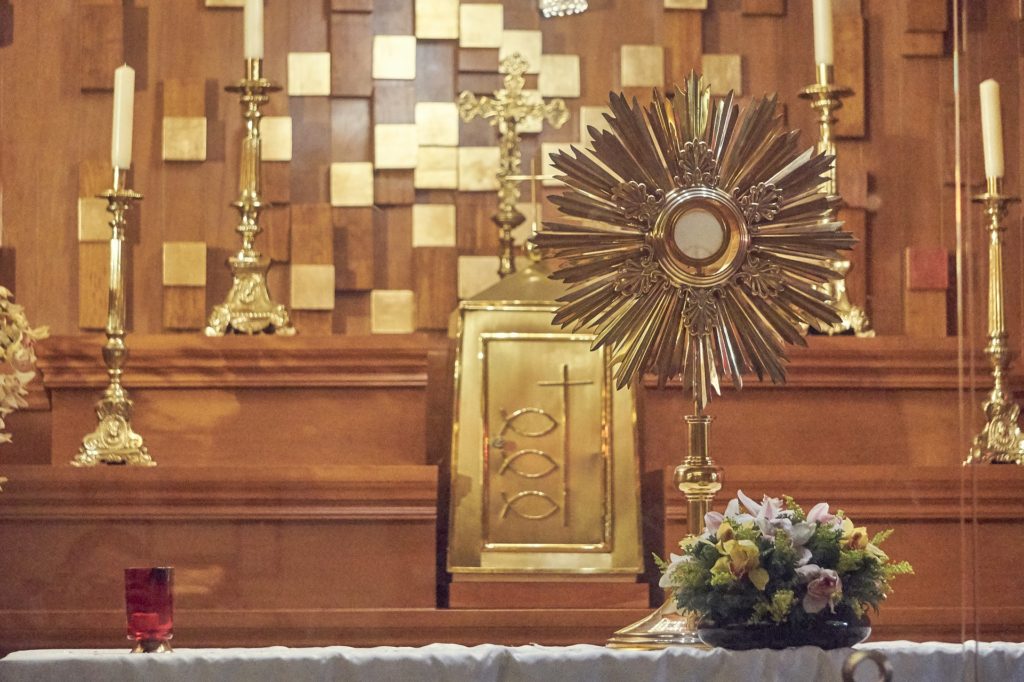Do you believe in ghosts? What does the Bible say about them? The word “ghost” is mentioned in the Bible in the Old Testament and in the New Testament. Jesus even acknowledges ghosts in the Gospel of Luke, or does He? We will review 13 Bible verses about ghosts in this post.
1. What is a Ghost?
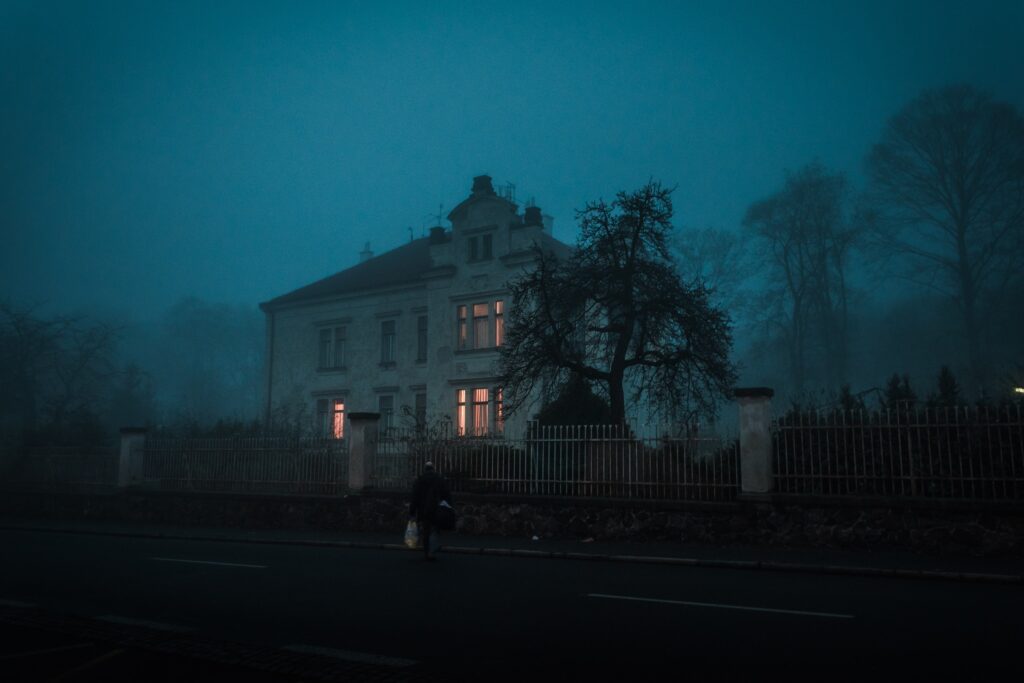
Ghosts are disembodied spirts of deceased human beings. The word “ghost” is of German origin, geist. The word geist means “spirit.” A ghost of a deceased human being is a spirit that has separated from the body, but it is not yet reunited with its resurrected body, either for eternal glory in heaven or for eternal damnation in hell.
2. 3 Kinds of Ghosts

Per Dr. Peter Kreeft, Catholic theologian, there are three (3) kinds of ghosts.
- #1 Ghosts From Heaven – Ghosts from heaven are happy spirits that God has allowed to appear to the living with benevolent messages of hope, love, etc.
- #2 Ghosts From Purgatory – Ghosts from purgatory are disembodied spirits of deceased human beings that are not yet released from purgatory by God.
- #3 Ghosts From Hell – Ghosts from hell are spirits of the damned that have often been conjured up through necromancy. These are malicious, deceptive spirits.
If you are interested in more information about this topic, please check out Dr. Kreeft’s book, Everything You Wanted to Know About Heaven, Ignatius Press.
3. What Are Disembodied Spirits?
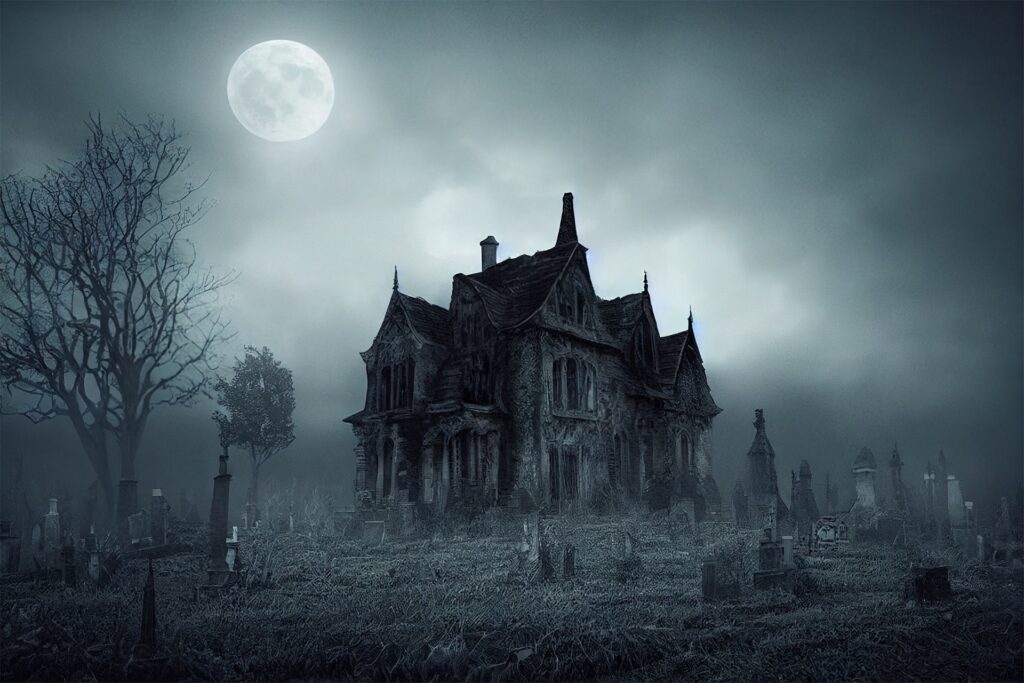
The term “disembodied spirit” is basically interchangeable with the word, ghost. Here is a textbook definition of what a disembodied spirit is, per Fr. Chad Ripperger, who is an exorcist and a priest of the Society of the Most Sorrowful Mother.
Disembodied Spirit: 1. In the broad sense, any soul that has been separated from its body by death. 2. Used in a more restricted sense by some exorcists to refer to a damned soul, i.e. that is a human being who has died and is in hell. 3. Ghost. Source: Spiritual Warfare Book, Dominion, p.542, Fr. Chad Ripperger, PhD
4. Ghosts and Demons: Comparisons
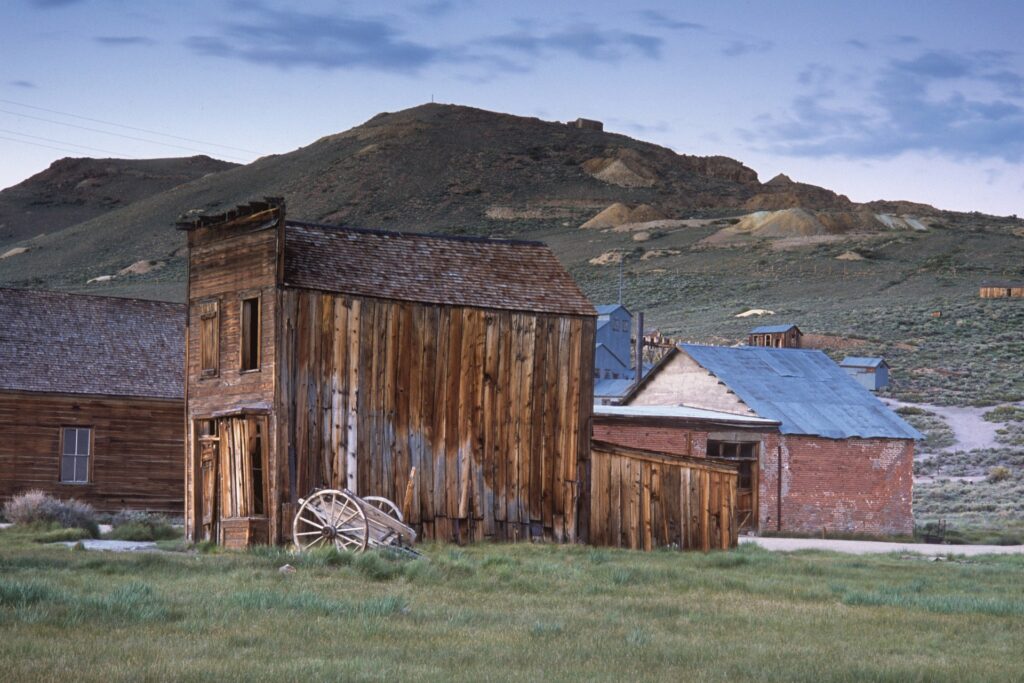
Dr. Dan Schneider, spiritual warfare expert and a lead team member of Liber Christo, provides commentary about the reality of ghosts and demons in the world:
“A ghost and a demon are similar in that they are both disembodied spirits. What we call a ‘ghost’ is a purgative soul, and usually is allowed (on very rare occasion) to go to a place (usually where the sin was committed) to ask for prayer in reparation for sins. This is different than a demon, which is as fallen angel. Demons can also can be bound to place (an infestation where some grave evil took place), but also roam (and follow people). Usually purgative souls don’t speak, but appear for prayer to help their suffering in Purgatory. Although they may cause fear, they are not destructive and usually mute. When suspected, Mass for the Dead/ souls in Purgatory usually clears it up. Also, the office of the dead can be prayed there. When it is a demon, there is usually a negative energy, and other sinful accompaniment. The main way to tell is prayer – whether it responds by getting better or worse with prayers.” – Dr. Dan Schneider, Liber Christo Podcasts
PDF copy of the comparisons, per Liber Christo: Demon vs. Purgative Soul
5. Ghosts Mentioned in the Old Testament

Ghost Verses From the Pentateuch
Leviticus
Verse #1 (Scripture Passage: “Various Rules of Conduct“)
Do not turn to ghosts or consult spirits, by which you will be defiled. I, the LORD, am your God. Leviticus 19:31
This verse, written in an English translation (NABRE), is not talking about a ghost of human being that has died. This verse is talking about familiar spirits.
What are Familiar Spirits?
Familiar spirits are demons. Demons are fallen angels of the cosmos that seek the destruction of Christian souls and families. They fall under the realm of Satan.
Familiar spirits are called “familiar” because the word is derived from the Latin word familiaris, which means “a household servant.” Although familiar spirits may seem to be of service to someone who use them, familiar spirits are demons. Demons are evil, and they should be avoided as we pray in the Lord’s Prayer, “Deliver us from evil…”
CCC 2117 All practices of magic or sorcery, by which one attempts to tame occult powers, so as to place them at one’s service and have a supernatural power over others – even if this were for the sake of restoring their health – are gravely contrary to the virtue of religion…
Christ Wills Spiritual Warfare
God forbids us to turn to the darkness of familiar spirits for assistance. This is a grave sin. Rather, Christ calls for us to combat the devil and His demons, just like He did.
Whoever sins belongs to the devil, because the devil has sinned from the beginning. Indeed, the Son of God was revealed to destroy the works of the devil. 1 John 3:8
Leviticus
Verse #2 (Scripture passage: “Penalties for Various Sins“)
Should anyone turn to ghosts and spirits and prostitute oneself with them, I will turn against that person and cut such a one off from among the people. Leviticus 20:6
Another way of looking at this verse is “turning to mediums and wizards,” who consult with familiar spirits that are demons (not ghosts) to obtain occult knowledge. Having recourse to familiar spirits is an abomination before God.
Them: To have recourse to them, is to deal with the devil and to commit idolatry. Source: George Leo Haydock
The Catechism of the Catholic Church forbids communication with the dead.
CCC 2116 All forms of divination are to be rejected: recourse to Satan or demons, conjuring up the dead or other practices falsely supposed to “unveil” the future. Consulting horoscopes, astrology, palm reading, interpretation of omens and lots, the phenomena of clairvoyance, and recourse to mediums all conceal a desire for power over time, history, and, in the last analysis, other human beings, as well as a wish to conciliate hidden powers. They contradict the honor, respect, and loving fear that we owe to God alone. Source: Catechism of the Catholic Church
See previous post: 4 Authentic Ways to Keep Catholic Families Out of the Occult
Deuteronomy
Verse #3 (scripture passage: “Prophets“)
Let there not be found among you anyone who causes their son or daughter to pass through the fire, or practices divination, or is a soothsayer, augur, or sorcerer, or who casts spells, consults ghosts and spirits, or seeks oracles from the dead. Anyone who does such things is an abomination to the LORD, and because of such abominations the LORD, your God, is dispossessing them before you. Deuteronomy 18:10-12
Catholics should Not Consult with Ghosts and Spirits
As Catholics, we should not be trying to “communicate with the dead or with familial spirits.” To do such a thing offends God, and it is a violation of the 1st Commandment.
First Commandment: I am the LORD your God. You shall worship the Lord your God and Him only shall you serve.
Those who seek the advice of someone (a medium or necromancer) who is attached to a familiar spirit or seeks to communicate with familiar spirits, are offending God, and they are opening themselves up to extraordinary diabolical influences.
Extraordinary Diabolical Influences
Exorcists warn this is often what happens to people that are involved with the occult. They open themselves up, often unwittingly, to extraordinary diabolical influences:
- Infestation – The presence of evil in a location, object, or animal.
- Vexation – Self-inflicted external activity that affects a person’s life.
- Obsession – Intense, persistent attack on a person’s interior life.
- Possession – An evil spirit takes control of a person’s body.
If you and your family want to stay spiritually protected from diabolical influences, please read the post: 20 Ways of Spiritual Protection for the Family.
What is the occult?
“The word “occult” comes from the Latin occultus, meaning hidden or secret. Its basic principle is that people want to bypass God. The world of the occult is extremely complex and diverse. It is expressed in various ways by such things as superstition, idolatry, and divination, but ultimately falls under the heading of magic.
All magic is inherently evil and very dangerous because it has its origin in “the dominion of darkness” (Col 1:13). As such, it is addressed extensively in the Catechism of the Catholic Church.”
Source: Fr. Vincent Lampert, Exorcist – St. Paul Center for Biblical Theology
Ghost Verses From the Historical Books
2 Kings
Verse #4 (scripture passage: “Reign of Manasseh“)
He immolated his child by fire. He practiced soothsaying and divination, and reintroduced the consulting of ghosts and spirits. He did much evil in the LORD’s sight and provoked him to anger. 2 Kings 21:6
Necromancy
The consulting of ghosts (Hebrew: ôb) and spirits (yidoni) is also known as necromancy. Necromancy “seek oracles” from the dead to determine the future. Necromancy (sorcery) is an abomination to God, and it is forbidden by God.
Example of an Old Testament Verse Forbidding Necromancy
Do not turn to ghosts or consult spirits, by which you will be defiled. I, the LORD, am your God. Leviticus 19:31
Example of a New Testament Verse Forbidding Necromancy (Sorcery)
Now the works of the flesh are obvious: immorality, impurity, licentiousness, idolatry, sorcery, hatreds, rivalry, jealousy, outbursts of fury, acts of selfishness, dissensions, factions, occasions of envy, drinking bouts, orgies, and the like. I warn you, as I warned you before, that those who do such things will not inherit the kingdom of God. Galatians 5:19-21
God casts out occultists who Consult with Ghosts and Spirits
Outside are the dogs, the sorcerers, the unchaste, the murderers, the idol-worshipers, and all who love and practice deceit. Revelation 22:15
- The “consultation of a ghost” is basically the same as a medium (someone that has an attachment to a familiar spirit). A familiar spirit is a demon (not a ghost).
- The “consultation of a spirit” is basically the same as someone seeking to contact a familiar spirit (necromancy).
2 Kings
Vesre #5 (scripture passage: “Josiah’s Religious Reform“)
Further, Josiah purged the consultation of ghosts and spirits, with the household gods, idols, and all the other horrors to be seen in the land of Judah and in Jerusalem, so that he might carry out the words of the law that were written in the book that Hilkiah the priest had found in the house of the LORD. 2 Kings 23:24
In this verse, the King Josiah is reforming the “consultation of ghosts and spirits.”
People who consult ghosts and spirits for occult knowledge (3 types)
- 1. People possessed with familiar spirits (demons) .
- 2. People seeking to communicate with familiar spirits (demons).
- 3. People seeking to communicate with spirits of the deceased (ghosts).
1 Chronicles
Verse #6 (scripture passage: “Burial of Saul“)
Thus Saul died because of his treason against the LORD in disobeying his word, and also because he had sought counsel from a ghost rather than from the LORD. Therefore the LORD took his life, and turned his kingdom over to David, the son of Jesse. 1 Chronicles 10:13
Saul Sought Counsel from a Ghost through a Necromancer
Saul sought counsel from a ghost (he consulted with a necromancer) rather than from the LORD. The gravity of Saul’s various sins eventually resulted in his death.
Saul wanted the necromancer to conjure up the ghost (or spirit) of Samuel through a ritual of incantations. Saul tried to bypass God to get the answers he needed:
Samuel then said to Saul, “Why do you disturb me by conjuring me up?” Saul replied: “I am in great distress, for the Philistines are waging war against me and God has turned away from me. Since God no longer answers me through prophets or in dreams, I have called upon you to tell me what I should do.” 1 Samuel 28:15
The Ghost of Samuel
This “seeking of occult knowledge” from the ghost or spirit of Samuel by Saul, bypassing God in the process, is a violation of God’s law. The act of necromancy is an abomination before God, and it eventually resulted in Saul’s demise (1 Chr 10:13).
Have Faith in God in Your Life
Whenever you feel that God is not answering your prayers, or if you feel that you don’t understand why things are taking place in your life the way they are, we are called as disciples of Jesus Christ to put our unwavering faith in God and His providence.
Commit your way to the LORD; trust in Him and He will act. Psalms 37:5
We should not go at it alone, though. That is why we are called to gather together, especially at the Sunday Mass and the daily Masses of the Church.
“Try to gather together more frequently to give thanks to God and to praise him. For when you come together frequently, Satan’s powers are undermined, and the destruction that he threatens is done away with in the unanimity of your faith.” – St. Ignatius of Antioch
2 Chronicles
verse #7 (scripture passage: “Manasseh’s Impiety“)
It was he, too, who immolated his children by fire in the Valley of Ben-hinnom. He practiced soothsaying and divination, and reintroduced the consulting of ghosts and spirits. He did much evil in the LORD’s sight and provoked him to anger. 2 Chronicles 33:6
Catholics: Please Stay Out of the Occult
Those who are involved in the occult gravely offend God. The consulting of ghosts appears to be in reference to communication with a familiar spirit.
Sealing Prayer of Protection for the laity from Evil Spirits
I ask Jesus to seal me in His most Precious Blood against any and all incursions of the evil one, in particular against any clinging, familial, familiar or retaliating spirits, in the Name of the Father and of the Son and of the Holy Spirit. Amen.
Ghost Verses From the Prophetic Books
Isaiah
Vesre #8 (scripture passage: “Disciples of Isaiah“)
And when they say to you, “Inquire of ghosts and soothsayers who chirp and mutter; should not a people inquire of their gods, consulting the dead on behalf of the living, Isaiah 8:19
Once again, this verse is about attempting to communicate with someone who has a familiar spirit attached to them (a necromancer) for forbidden knowledge.
“Inquiring of ghosts” falls into the dark realm of the occult. The Church condemns it.
All forms of divinization are to be rejected…CCC 2116
Isaiah
verse #9 (scripture passage: “Egypt”)
The courage of the Egyptians shall ebb away within them, and I will bring their counsel to nought; They shall consult idols and charmers, ghosts and clairvoyants. Isaiah 19:3
In regard to “ghosts,” perhaps a better reading of the 2nd part of the verse might be:
“They shall consult idols and charmers,
those possessed with familiar spirits,
and clairvoyants.”
Isaiah
Verse #10 (scripture passage: “Judgment and Deliverance of Jerusalem“)
You shall speak from beneath the earth, and from the dust below, your words shall come. Your voice shall be that of a ghost from the earth, and your words shall whisper from the dust. Isaiah 29:4
The word ghost is also used here in the context of necromancy. Some of the methods of necromancy involved ventriloquism. The end goal seeks forbidden, occult knowledge from a familiar spirit. The occult, in all of its forms, is detestable to God,
You shall not have other gods beside me. Exodus 20:3
6. Ghosts Mentioned in the New Testament

Ghost Verses From the Gospels
Matthew
verse #11 (scripture passage: “The Walking on the Water“)
When the disciples saw Him walking on the sea they were terrified. “It is a ghost,” they said, and they cried out in fear. Matthew 14:26
Greek Word for Ghost: Phanstasma
Greek word for ghost in Matthew: phantasma (an apparition or specter). The word phantasma only appears twice in the New Testament, here and St. Mark’s account of Jesus walking on the water at sea during the fourth watch of the night.
Then He saw that they were tossed about while rowing, for the wind was against them. About the fourth watch of the night, He came toward them walking on the sea. He meant to pass by them. Mark 6:48
Dark Night of the Soul
The fourth watch of the night (3 am – 6 am) was just before the morning hours began to dawn in light. In terms of spiritual push-ups, Christ is training His disciples (and us) to do our “push-ups of faith” and to trust in His mercy, even during our darkest hour.
“If Christ is with me, whom shall I fear?” – St. John Chrysostom
Mark
verse #12 (scripture passage: “The Walking on the Water“)
But when they saw Him walking on the sea, they thought it was a ghost and cried out. Mark 6:49
The Disciples are Terrified
Greek word for ghost in Mark: phantasma (an apparition or specter). The Jesus the disciples saw in their wind tossed boat late that night was not the typical humble image of Jesus we see on Catholic prayer cards. What they probably witnessed was an overwhelming theophany of the Lord before them that utterly terrified them all.
The had all seen Him and were terrified. Mark 6:50
What is a Theophany of the lord and what does it have to do with a ghost?
A theophany of the Lord is an intense presence of the triune God before human beings. And example would be the transfiguration of Jesus before Peter, James, and John. A ghost is of the spirit realm. The Jesus the disciples saw walking on waves before them in the dark of the night would have had parallels to seeing a ghost.
Angels, Ghosts, and Fear
The same can be said when angels manifest before human beings. Like seeing a ghost, their presence has a frightening effect on us mortals. Consider the shepherds’ reaction when an angel of the Lord appeared to them on Christmas Eve night out in the fields.
Now there were shepherds in that region living in the fields and keeping the night watch over their flock. The angel of the Lord appeared to them and the glory of the Lord shone around them, and they were struck with great fear. Luke 2:8-9
Luke
verse #13 (scipture passage: “The Appearance to the Disciples in Jerusalem“)
But they were startled and terrified and thought that they were seeing a ghost. Then he said to them, “Why are you troubled? And why do questions arise in your hearts? Look at my hands and my feet, that it is I myself. Touch me and see, because a ghost does not have flesh and bones as you can see I have.” Luke 24:37-39
Greek word for Ghost in St. Luke’s Gospel
The Greek word for ghost in Luke: pneuma (a spirit). In other verses of the Gospels, a spirit is most often in reference to the Holy Spirit, or conversely, a demon (Mt 12:43).
The Greek word for angel is angelos. Both angel and spirit are mentioned here:
And the angel (angelos) said to her in reply, “The holy Spirit (pneuma) will come upon you, and the power of the Most High will overshadow you. Therefore the child to be born will be called holy, the Son of God. Luke 1:35
Jesus Commends His Spirit (Pneuma) to the father
Consider Jesus’ last words just before He expired on the cross:
“Father, into your hands I commend my spirit (pneuma)”; and when he had said this he breathed his last. Luke 23:46b
Jesus is likely talking about His spirt separating from His body upon passing. When Jesus appeared before His apostles in His resurrected body, He assures them He is not a “spirit” (pneuma). Jesus says nothing to them about being a ghost (phantasma).
the resurrected Jesus is not a ghost or disembodied spirit
Jesus proves His resurrected body in the presence of His apostles by having them touch Him, and He ate a piece of baked fish before them (Lk 24:42-43).
“Jesus does not speak these words of some spiritual and invisible man, for a spirit has not bones nor flesh. “ – St. Irenaeus
Ghosts, Spirits, Angels, and Demons
This table should help provide clarification for the preceding Gospel verses:
| English Word | Greek Word | Gospel Verse |
|---|---|---|
| Ghost | Phantasma | Mt 14:26 ; Mk 6:49 |
| Spirit | Pneuma | Lk 24:37 ; Lk 24:39 |
| Angel | Angelos | Lk 1:35 |
| Demon | Pneuma | Mt 12:43 |
7. What Does the Catechism of the Catholic Church Say About Ghosts?
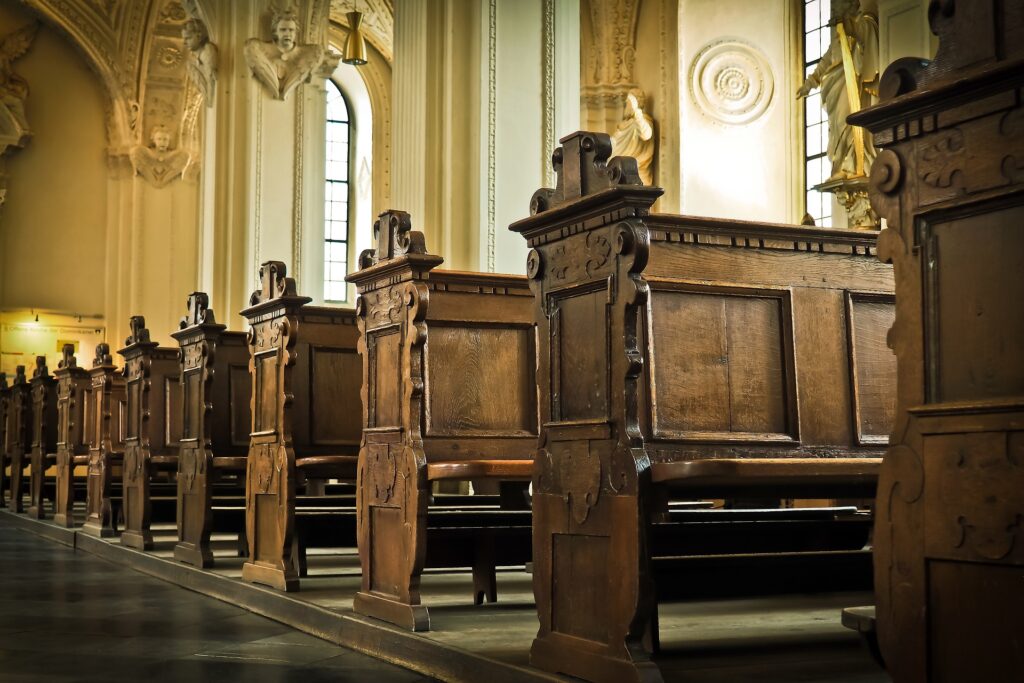
The Church has no official teaching on the mystery of ghosts. Ghosts are, however, mentioned at least twice in the Catechism so there is acknowledgement on some level that ghosts exist. Ghosts are mentioned in reference to the resurrected Jesus appearing before His disciples. Jesus assures His disciples that He is in His body.
On the Third Day He Rose from the Dead
The Appearance of the Risen One
CCC 644 Even when faced with the reality of the risen Jesus the disciples are still doubtful, so impossible did the thing seem: they thought they were seeing a ghost. “In their joy they were still disbelieving and still wondering.” .
The Condition of Christ’s Risen Humanity
CCC 645 By means of touch and the sharing of a meal, the risen Jesus establishes direct contact with his disciples. He invites them in this way to recognize that he is not a ghost and above all to verify that the risen body in which he appears to them is the same body that had been tortured and crucified, for it still bears the traces of his Passion.
8. What Can Families Do If Their House is Haunted By a Ghost?

House Blessings
Catholic families that are afflicted with preternatural activity in their homes should seek guidance from their parish priest. Perhaps the house just needs a blessing from the priest. House blessings should be administered by a Catholic priest in 2 instances:
- Priest blesses the home upon move-in.
- Priest blesses the home on an annual basis.
Plenary Indulgences for Deceased Souls
CCC 1471 “An indulgence is partial or plenary according as it removes either part or all of the temporal punishment due to sin.” The faithful can gain indulgences for themselves or apply them to the dead.
Per Fr. Ripperger, disembodied spirits of deceased souls that are in homes will often appear and disappear. They are generally not focused on the inhabitants of the home.
2 Primary Reasons Why Ghosts Haunt Houses
Whenever these ghosts appear in homes, it is basically for two (2) reasons:
- Reason #1: The sin(s) of the ghost’s time in purgatory is connected to the house.
- Reason #2: The house is the place where they actually died.
“As Catholics, we believe the Church has the power to grant through the prayers being offered up a term called “a plenary indulgence,” which is basically a removal of the requirement of all the time the deceased soul has to spend in purgatory. A lot of times what we will do is go into the house, say Mass in the house, offer up a plenary indulgence, the apparition stops, and the person stops appearing.” – Fr. Ripperger

